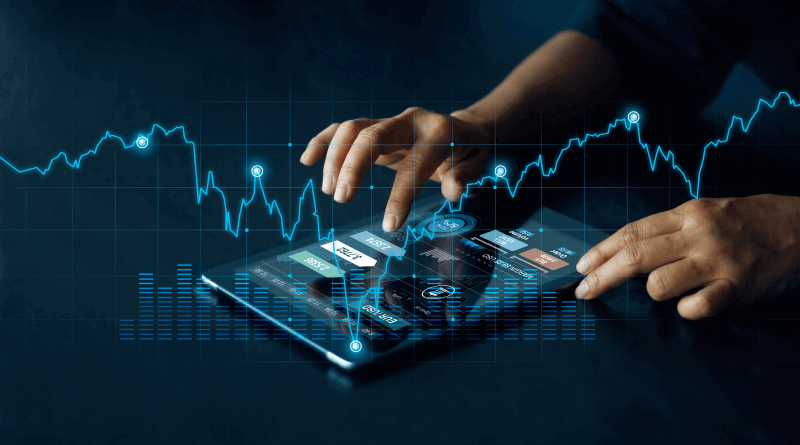
The foreign exchange market, or forex, stands as the largest and most liquid financial market in the world. Unlike stock markets, the forex market operates 24 hours a day, five days a week, facilitating the exchange of currencies across global financial centers. This round-the-clock trading possibility makes it an attractive option for traders looking for flexibility and the potential for profit. However, entering the forex market can seem daunting to beginners by forex market. This guide aims to demystify forex trading and offer essential tips to get started.
Understanding the Forex Market
At its core, forex trading involves buying one currency while selling another, primarily for speculation on the changing value of currencies. Currencies are traded in pairs; for example, the EUR/USD pair represents the euro against the US dollar. The objective is to buy a currency pair if you believe the base currency will strengthen against the quote currency or sell if you think it will weaken.
Key Concepts in Forex Trading
Currency Pairs: These are the foundation of forex trades. Major pairs involve the US dollar, whereas minor pairs exclude it. Exotic pairs include one major currency and a currency from a developing economy.
Leverage: Forex markets are known for their high leverage, allowing traders to control large positions with a relatively small amount of capital. While leverage can amplify profits, it also increases the risk of losses.
Spread: This is the difference between the buying price (ask) and the selling price (bid) of a currency pair. Tighter spreads generally mean lower trading costs.
Getting Started in Forex Trading
Educate Yourself
Before jumping into trading, invest time in understanding the forex market’s intricacies. Familiarize yourself with the terminology, market analysis methods (fundamental and technical analysis), and the factors that influence currency movements, such as economic indicators, political events, and market sentiment.
Choose the Right Broker
Selecting a reputable forex broker is critical. Look for brokers regulated by major oversight bodies like the US Commodity Futures Trading Commission (CFTC) or the UK’s Financial Conduct Authority (FCA). Consider the trading platform, available currency pairs, spreads, leverage options, and customer support in your decision-making process.
Start with a Demo Account
Most brokers offer demo accounts, allowing you to practice trading with virtual money. This is an invaluable tool for gaining experience without risking actual capital. Use a demo account to test strategies, get accustomed to the trading platform, and build confidence.
Develop a Trading Strategy
Successful trading requires a well-thought-out strategy that considers your financial goals, risk tolerance, and market analysis. Whether you focus on day trading, swing trading, or another style, remain disciplined, and stick to your strategy, adjusting as necessary based on market conditions and performance.
Keep Emotions in Check
Forex trading can be an emotional rollercoaster. It’s important to maintain discipline and not allow fear or greed to drive your decisions. Set clear entry and exit points for trades, and use stop-loss orders to manage risk effectively.
Conclusion
Entering the forex market opens up a world of opportunity, but it’s not without its challenges. By starting with a solid foundation of knowledge, choosing the right broker, practicing with a demo account, developing a disciplined trading strategy, and managing your emotions, you can increase your chances of success in the dynamic world of forex trading. Remember, patience and persistence are key as you embark on this exciting trading journey.